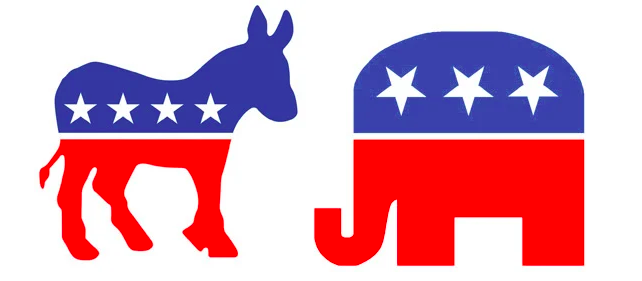By Ophelia Kimber, Staff Writer
POLITICS: The Electoral College’s role in our democracy is a hot topic for debate.
Throughout the presidential election, the words “national polls” were displayed on every news channel with percentages representing each candidate’s share of the popular vote. Though it may seem counterintuitive, the candidate with the larger percentage of the popular vote is not guaranteed to win the election. It is entirely possible for a candidate to lose the popular vote and still become president of the United States.
Why? The answer lies in the Electoral College, which five times in American history has overruled the popular vote in elections. Due to this inconsistency, disgruntled voters and politicians have suggested that America abolish the Electoral College in favor of a direct presidential election by popular vote. The idea of abolishing the Electoral College has been under heavy consideration for a long time, and in 1969, both Republicans and Democrats seemed to favor doing so. In fact, they brought the United States closer than it had ever been to abolishing the Electoral College, but southern Senators resisted. Because of their efforts, the institution still exists today. As one of the few democracies that does not elect a candidate based on the popular vote, and as a nation that symbolizes democracy, the question of whether the Electoral College is truly democratic is under intense debate.
Opponents of the Electoral College system argue that it creates a lack of representation for the national majority. The Electoral College aims to represent states by population by taking away the amount of electors from larger states and giving them to smaller states. California, the most populated state, has 55 electoral votes, and Wyoming, the least populated state, has 3, giving California roughly 18 times the amount of votes of Wyoming. At first glance, this seems fair — however, the population of California is 67 times that of Wyoming, not 18. The system also neglects U.S. territories, like Puerto Rico and Guam, giving them no Electoral College votes despite the people living there being United States citizens. This means that there is practically no representation for those citizens. For example, in the 2016 election, the majority of citizens living in Guam voted for Hillary Clinton, but because they have no electors, their votes had practically no impact.
Another argument against the Electoral College is that electors are not required to vote for the decided candidate of their state. In some states, these “faithless electors” can decide to vote for the candidate who lost their state’s popular vote, while in other states, there are legally binding oaths or threats of fines that prevent electors from doing so. Although cases of faithless electors are rare, they are still a stain on the integrity of the Electoral College’s system.
Defenders of the Electoral College fear that abolishing it would cause candidates to focus on campaigning in major cities like New York or Los Angeles and neglect rural areas. Little, if any, campaigning would occur in small states like Wyoming, since the people living there would have much less influence than they currently have with the Electoral College. Supporters of the system also fear the possibility of national recounts, which would not only lengthen our elections, but they would also be dramatically less efficient and less organized. A recount in the Electoral College only has to consider 538 votes with a 270 majority, whereas at the national level, it would be a recount of about 150 million.
It’s also said that a revoking of the Electoral College, without an immediate replacement of another election process, would likely cause an entire reconstruction of the Constitution. In the case that it is replaced with a national popular vote it would be highly difficult to design a working amendment. Furthermore, those that favor elections based on a national popular vote claim that the Electoral College is unconstitutional for not considering “one man, one vote,” however, it’s considered incorrect given nowhere in the Constitution is that mentioned. Rather than abolishing the Electoral College to approach representation for minority counties, it’s proposed that there be a separation of divided states. However, changes like this can cause an imbalance in the House of Representatives and for that reason have a slim chance in actually occurring.
The Electoral College is what ultimately determines who the next President of the United States will be. Regardless of how big or small a candidate’s margin of victory is — say, 51% to 49% — the candidate who got 51% of the votes will get one hundred percent of that state’s electoral votes. The system and its simplification of today’s complex voting leads many to believe that it fails to represent every citizen. These arguments over its existence have been around for decades and were ever-so highlighted in this 2020 election.

